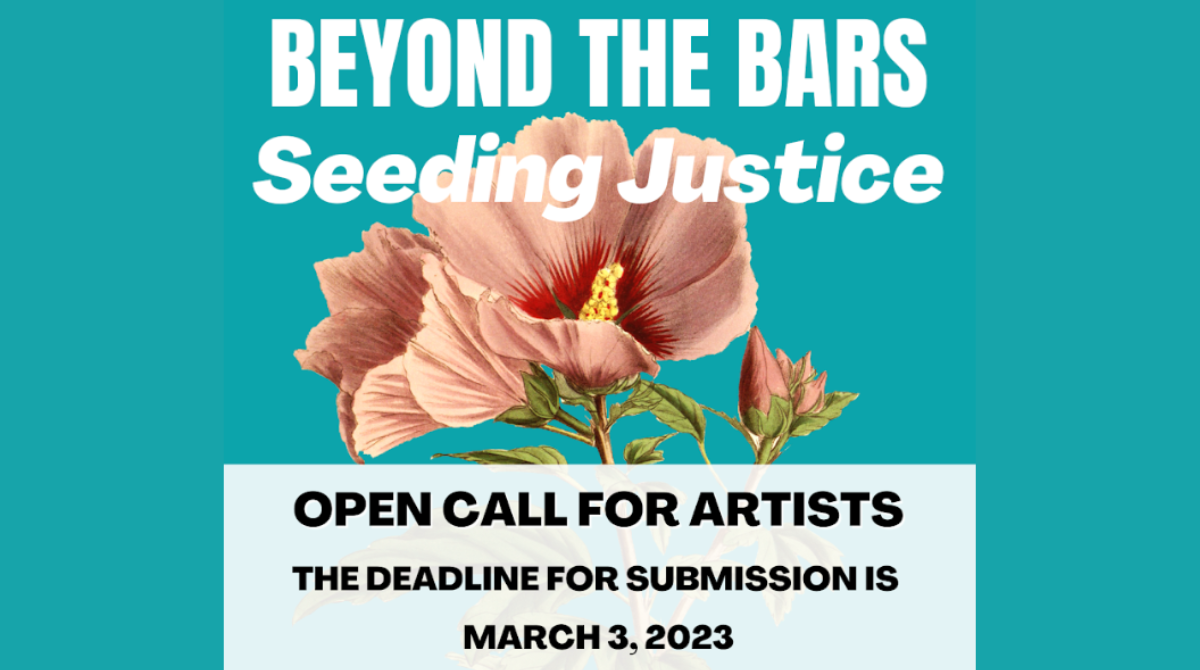This is an open call for digital posters which interact with and or illustrate this year's conference theme Seeding Justice. You can read more about this year's theme below. We ask that artists create and or submit previous work that are connected to this year's conference theme. All submissions should be digital files that are formatted to 11 x 17 inches.
Artists may submit ONE digital art file or a scan of a visual art work.
We encourage artists who are incarcerated to submit work that can be scanned and turned into a digital file.
Artwork must include a title, a brief description and name of the artist.
The deadline for submission is March 3, 2023
We ask that you send submissions and any inquiries to: [email protected]
Conference Theme: Seeding Justice
The 13th Annual Beyond the Bars Conference of the Center for Justice at Columbia University 2023 is bringing together people, organizations and movements working on indigenous peacemaking, and restorative, transformative, healing and reparative justice to develop solidarity, share analysis, exchange strategies and practices, and together build power to create the world we need. There is more interest in these approaches than ever before yet relatively limited opportunities to learn, connect and grow about them. BTB 2023 will be an opportunity to learn about how people and communities are taking up these approaches in their own communities, about the tensions and possibilities of working in relationship to systems, and to build connections between and among those already doing this work.
The conference will focus on these guiding questions in the hopes of strengthening our collective work:
- How do we understand the similarities and differences between indigenous peacemaking, restorative, transformative, healing and reparative justice?
- How are people and organizations taking up these approaches in their own communities? What is working? what is not?
- How do we ensure that these approaches to justice between people and communities are connected to movements for broader social transformation?
- What are the tensions, limitations and possibilities in working in relationship to systems?
- How can we think about the question of scale? Should we be scaling up these approaches? Or is there another way to think about this?
- How do these approaches help us to address conflict and harm within movements?

